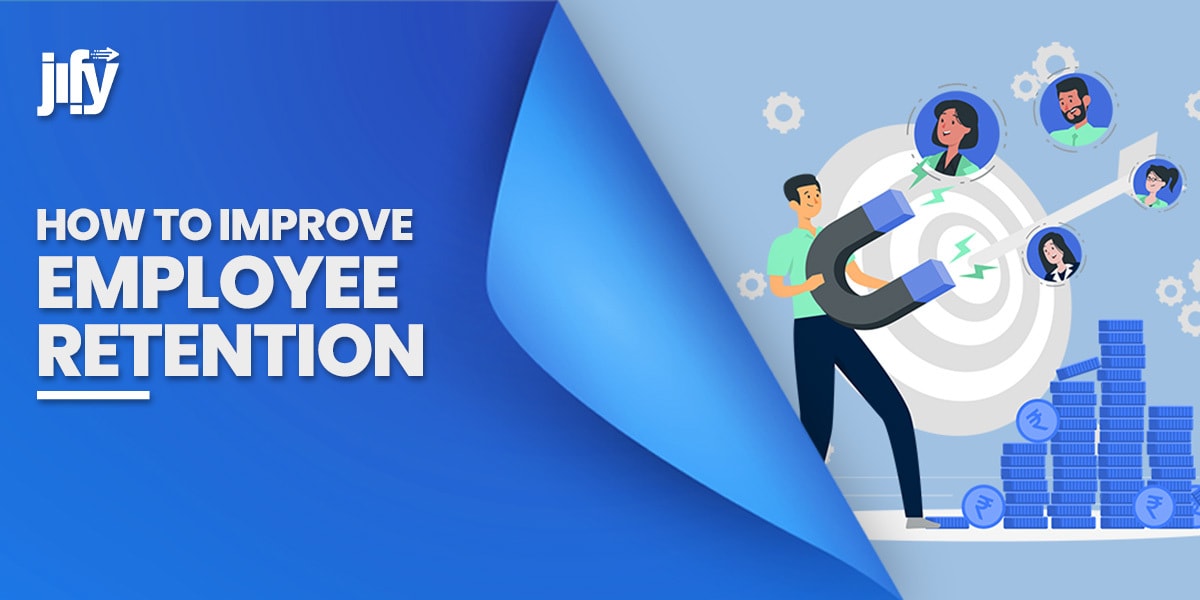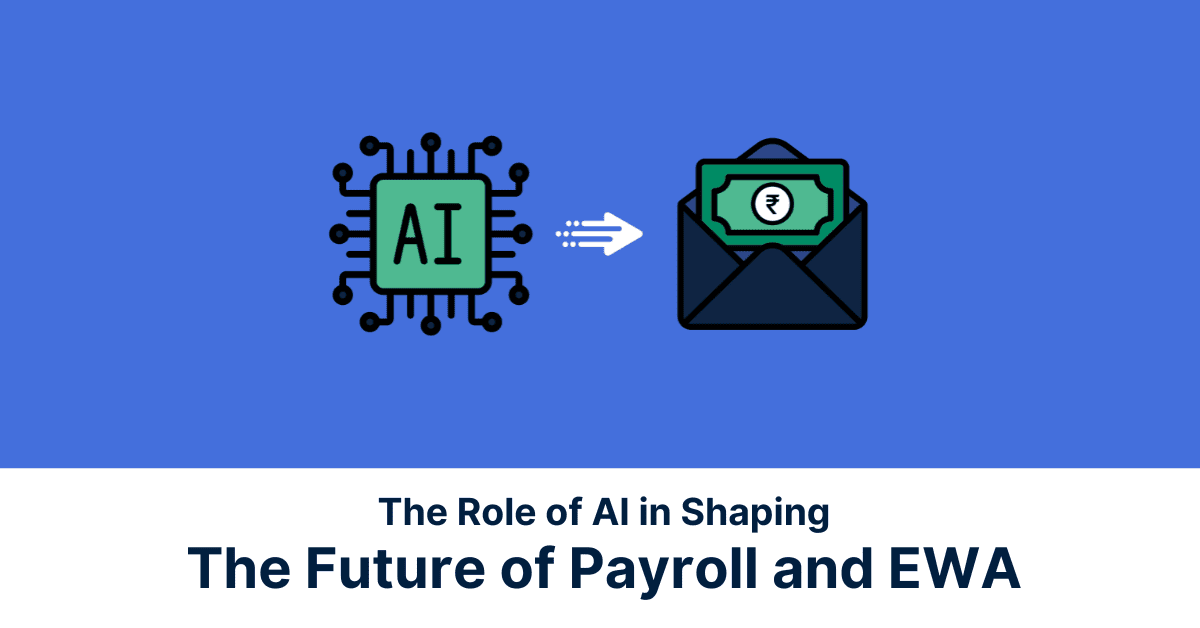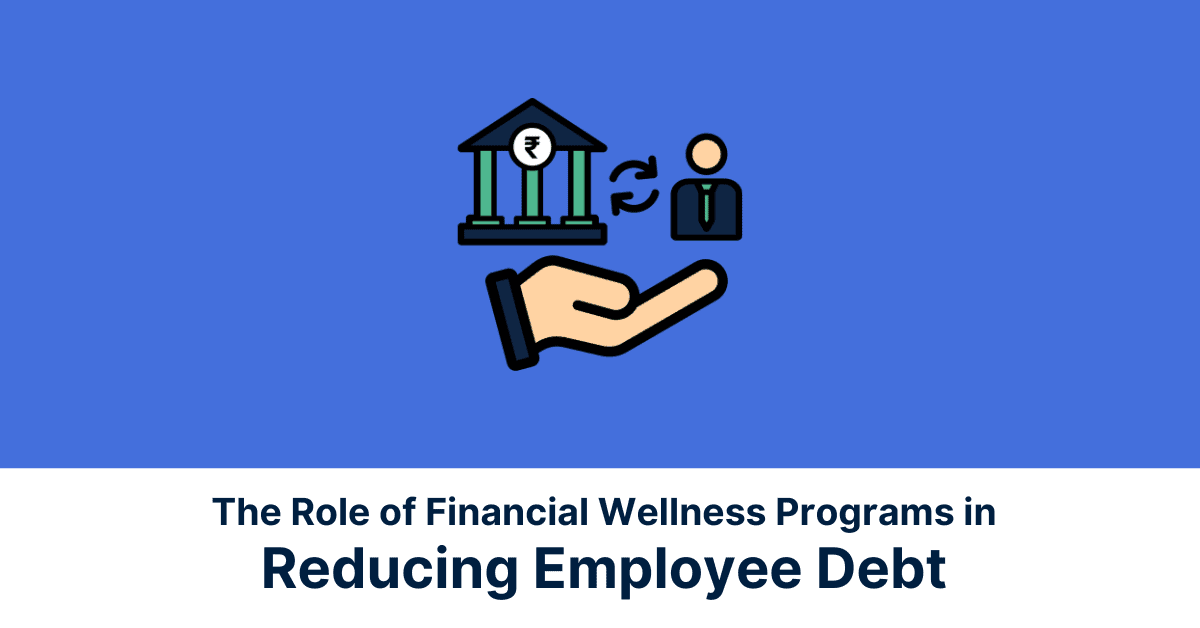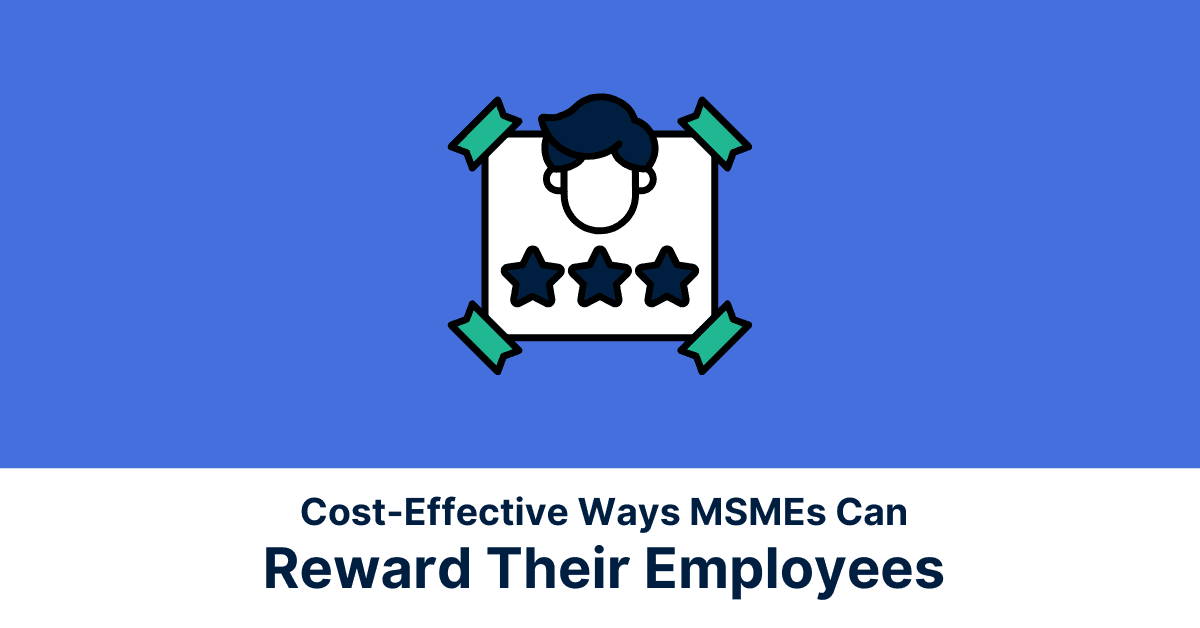One of the most important things for any organization is retaining its employees. Employee retention is an ongoing effort to maintain a strong workforce and reduce turnover rates. High employee turnover can be costly for businesses, negatively impact company culture, and lead to a loss of knowledge and expertise.
Why is Employee Retention important?
Maintaining a stable workforce is key to the success of any business. High turnover rates can lead to decreased productivity, increased costs associated with hiring and training new employees, and a negative impact on company culture. In India, the attrition rate as shown an exponential jump from 6% in 2020 to 20.3% by the end of 2022, with “quiet quitting” being on a high rise.
Studies have shown that improving employee retention can result in higher levels of job satisfaction, reduced stress, better communication, and ultimately, improved financial performance. As such, it’s essential for companies to develop modern strategies that not only attract talented individuals but also retain them for the long haul. By focusing on employee benefits such as earned wage access (EWA), personalised employee benefits, and partnering with financial wellness solutions, businesses can improve their retention rates and foster a more positive work environment.
The hidden cost of Employee Turnover
High employee turnover rates can result in significant costs to businesses, both in terms of time and money. The expenses associated with recruiting, training, and onboarding new employees can quickly add up, making retention strategies a crucial component of any organisation’s long-term success. Additionally, high levels of turnover can lead to decreased productivity and morale among team members. To combat these challenges, businesses must focus on creating a positive work culture that values employee satisfaction, engagement, growth, and development. By investing in their employees’ well-being and offering competitive salaries and benefits, companies can reduce turnover rates while increasing productivity and overall success.
Impact on Company Culture
A company’s culture can be negatively impacted by high employee turnover rates. Losing valuable employees means losing institutional knowledge and experience, which can lead to a decline in productivity and morale. Not only that, a high turnover rate sends a signal in the industry that the organization’s culture is fundamentally flawed, thereby not only impacting the quality of talent being attracted but also reducing the scope of business opportunities.
To improve employee retention, businesses should invest in employee satisfaction and engagement. This includes offering opportunities for career growth and development, creating a positive work culture, and providing recognition for employees’ contributions. By doing so, companies can increase employee loyalty and create an environment that values its employees. Ultimately, this can attract top talent and contribute to overall business success.
What’s New in Employee Retention Strategies?
As businesses evolve, so do the needs and expectations of their employees. In response to this shift, companies are constantly exploring new ways to improve employee retention rates. From offering flexible work arrangements to personalised employee benefits, modern retention strategies prioritise employee satisfaction and career growth. By investing in training and development opportunities, recognising and rewarding top performers, and creating a positive company culture that values its employees, businesses can attract and retain top talent in the industry. Ultimately, these efforts not only benefit the employees but also contribute to the overall success of the organisation.
Encouraging a Positive Work-Life Balance
Maintaining a healthy work-life balance is crucial for overall well-being and job satisfaction. Encouraging a positive work-life balance means providing employees with flexible work arrangements, such as remote work or flexible scheduling, which can help them achieve a better balance between their personal and professional lives.
Competitive Pay
When it comes to employee retention, competitive pay remains one of the most crucial factors. Fair compensation ensures employees feel valued and appreciated, increasing the chances they’ll stay with a company. Research supports this notion; employees are more likely to remain with a company if they feel their pay is competitive. Companies must regularly review and adjust salaries to ensure they remain on par with industry standards. Offering benefits and professional development opportunities can also help increase employee retention rates.
Personalised Employee Benefits
Tailored employee benefits can be a significant factor in improving retention rates. By offering personalized benefits, employers demonstrate their commitment to their employees’ well-being and show that they value each individual’s needs. For instance, flexible scheduling and remote work options can be particularly appealing to working parents or those with long commutes. Wellness programs tailored to an employee’s specific health needs can also be highly effective in enhancing workplace satisfaction. Employers can use surveys and feedback to determine which benefits are most valued by employees and tailor their offerings accordingly.
Personalizing employee benefits not only helps retain current staff but can also attract new talent to the company. It fosters a positive company culture where employees feel heard, seen, and appreciated by their employers. In today’s competitive job market, such initiatives can make a significant difference for candidates when choosing between potential employers.
Improving Employee Wellness
Investing in employee wellness is a crucial step towards improving employee retention rates. A healthy workforce is not only more productive but also more engaged and motivated to stay with the company long-term. Promoting wellness can take many forms, from providing healthy food options to offering mental health resources and encouraging regular breaks and time off. Employee wellness can also include partnering with a financial wellness solution provider, in order to eradicate employee financial stress while safeguarding their overall financial wellbeing. By prioritizing employee wellness, companies can create a happier, healthier, and more loyal workforce.
Focusing on Employee Growth and Upliftment
To improve employee retention, companies must provide opportunities for growth and development. By offering mentorship programs, training sessions, or tuition reimbursement, employees can improve their skills and advance their careers within the company. Providing a clear career path and regular feedback on performance can also help employees feel valued and motivated to stay with the company. When staff members see a clear path for their future within the company, they are more likely to stay loyal and committed.
Rewards & Recognition
In today’s competitive job market, rewards and recognition programs are becoming increasingly popular as a tool for improving employee retention. These programs can be an effective way to motivate employees and keep them engaged with their work. When designing a rewards and recognition program, it’s important to consider what motivates your employees and what types of incentives will be most effective. For example, some employees may be motivated by financial rewards such as bonuses or promotions, while others may prefer non-financial recognition such as public praise or additional time off. It’s also important to communicate the criteria for rewards and recognition clearly so that employees understand what they need to do to earn them. By regularly reviewing and updating these programs, companies can ensure that they remain relevant and effective in retaining their valuable workforce.
Improving Employee Retention with Earned Wage Access
Employee retention can be challenging for any company, and implementing innovative solutions like Earned Wage Access (EWA) can help improve employee satisfaction, leading to increased retention rates. EWA, or on-demand pay or early salary access is a financial wellness tool that allows employees to access their earned wages before the traditional payday, reducing financial stress and increasing job satisfaction, for it is a means of meeting any financial or emergent need requiring immediate funds without having to borrow or fall in a debt-cycle. Offering EWA as a benefit not only improves employee morale but also demonstrates a commitment to supporting their financial well-being.
Employers who offer EWA as a benefit can attract and retain younger employees who value financial flexibility. Moreover, implementing EWA is easy and cost-effective for employers. By offering this benefit, employers can show their commitment to the well-being of their employees and foster a more loyal workforce.
Communicating the Benefit Effectively
Effective communication is essential to ensure that employees understand the benefits of EWA. Employers should use various channels such as emails, newsletters, or company meetings to communicate the program’s advantages and encourage employee participation. Offering personalized wellness plans and incentives can also motivate employees to engage in on-demand pay programs. Additionally, employers should ensure that the program is easily accessible and user-friendly for their employees. Regular feedback and evaluation of the program can help identify areas for improvement and increase employee participation. By effectively communicating earned salary access as a benefit, employers can demonstrate their commitment to their employees’ financial wellness and build a more loyal workforce.
Providing Financial Education
It’s no secret that personal finances can be a significant source of stress for many employees. Providing financial education can be a valuable way to reduce this stress and improve overall well-being, leading to better job satisfaction and retention. Employers can partner with financial wellness solution providers or offer their own workshops to help employees better manage their money. By offering retirement plans or other savings options, employers can also show their commitment to the long-term financial health of their team members. These initiatives not only benefit individual employees but also contribute to a positive company culture where everyone feels supported and valued.
The way forward
Employee retention is crucial for a company’s success. High employee turnover rates have a detrimental impact on the company culture and can cost an organisation significant amounts of time, money and resources. Companies must prioritise employee satisfaction and create a work environment that encourages employee growth, upliftment, and overall well-being. One way to do this is by offering Employee Financial Wellness Assistance (EFWA) as a benefit. EFWA programs are designed to provide employees with financial education and support to help them achieve their financial goals and reduce stress.
*Disclaimer:
The information contained herein is not intended to be a source of advice concerning the material presented, and the information contained in this article does not constitute investment advice. The ideas presented in the article should not be used without first assessing your financial situation or without consulting a financial professional.



















